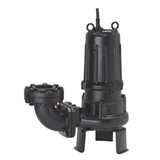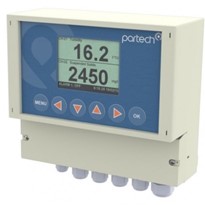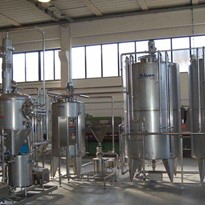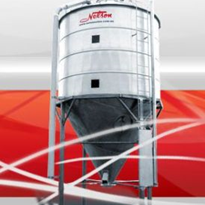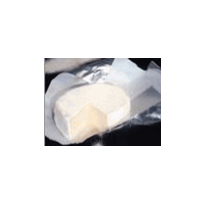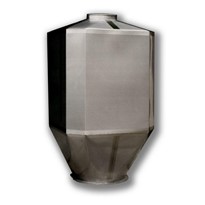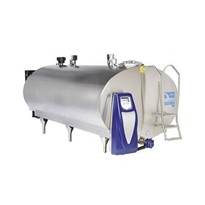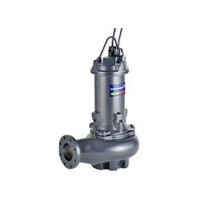The monitoring of suspended solids or turbidity in wastewater from dairies and dairy food processing plants is a key parameter for assessing the quality of the effluent in respect of meeting consent levels. The results can be used as an aid for minimising waste, as well as indicating if there is any significant product loss through operator error. Nowhere is monitoring more important than at the final stages of the treatment process and at the point of discharge.
"Within the dairy industry, biological treatment plants are at constant risk from excessive quantities of milk and waste liquid from production processes finding their way into the biological treatment plant," comments Angus Fosten of Partech Instruments.
"The problem is that dairy product residues can contain relatively high levels of BOD and these can upset the delicate balance of the biological treatment plant. Re-establishing the correct balance in the treatment plant can be expensive and lengthy, resulting in plant downtime and loss of production."
Employing continuous turbidity monitoring within the treatment process provides a reliable and effective approach to identifying when a problem has occurred, allowing plant operators to take prompt remedial action. It also has the added benefit of indicating the performance of the treatment plant by measuring the presence of undissolved solids prior to discharge. Turbidity is widely used within the food industry on both final effluent and crude effluent. On the crude effluent a turbidity monitoring system can provide a reliable method of on-line measurement to alarm or divert high strength wastewater into a separate holding tank for onward processing.
Partech Instruments has a long history of providing solutions for determining turbidity and levels of suspended solids in effluent treatment plants within the dairy industry. A well used and proven approach involves the installation of its Turbi-Tech 2000 Sensor and 7200 Monitor, which together provide operators with a constant indicator of the levels of suspended solids and turbidity at given points with the treatment process.
"The self-cleaning capability of the Partech TurbiTech sensors is essential for dairy plants," says Partech's Angus Fosten, "as there are always a high proportion of fatty milk materials contained within manufacturing residues. Apart from enhancing the instrument's performance, it means that maintenance is minimised resulting in low ownership costs."
Employing turbidity monitoring systems that operate 24/7 means that dairy plant operatives are able to watch over the performance of the water treatment process and be warned of any problem as it occurs. By measuring turbidity, plant management can achieve savings in terms of reducing product wastage and ensure that discharge consent levels are not inadvertently breached.



